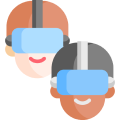imaginX is used by many amazing schools and universities
University / College
Gain expertise in biopharmaceutical development through immersive XR simulations, focusing on the production of therapeutic proteins, monoclonal antibodies, and drug discovery processes. Apply virtual labs and interactive tutorials to explore protein expression, purification, and regulatory compliance in pharmaceutical production.
University / College
Enhance students' involvement in science by immersing them in interactive learning scenarios. Create simulations for experiments, provide hands-on training in laboratory techniques, and convey theoretical concepts through captivating visual experiences to improve their overall long-term learning outcomes.
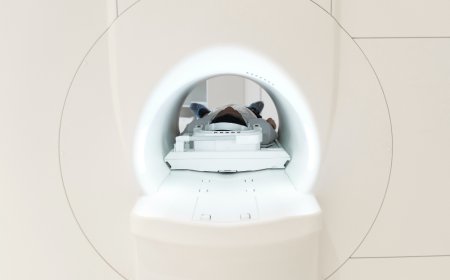
Explore Hyperbaric Oxygen Therapy (HBOT) for treating conditions like carbon monoxide poisoning and enhancing wound healing in a controlled virtual environment.
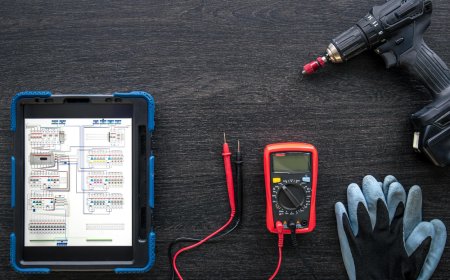
The Welding Procedure Specification (WPS) Compliance simulation uses XR technology to provide an immersive environment for mastering WPS adherence. Participants follow industry-standard procedures, including preheat requirements, filler metal selection, and technique adjustments, to ensure high-quality, standardized welds in diverse applications.
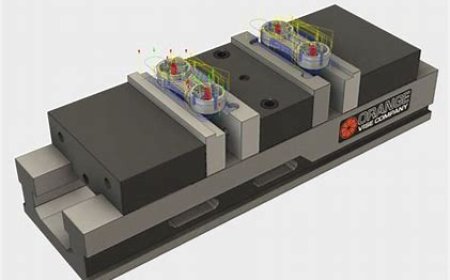
Explore XR-driven CAM (Computer-Aided Manufacturing) software simulations to teach students how to generate toolpaths for CNC machining. Students will virtually import 3D models, set up machining operations, and create G-code for CNC machines. Interactive lessons guide them through toolpath creation, cutting strategies, and simulating machining operations. Feedback on toolpath efficiency, machining time, and material removal helps refine their CAM and CNC programming skills.
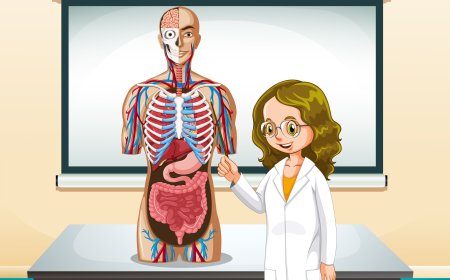
Provide an in-depth understanding of human anatomy and physiology with a focus on systems relevant to biomedical applications. Using immersive XR technology, students can explore and interact with virtual 3D models of the human body, gaining insights into organ systems, tissues, and cells and their implications for medical device design.

Explore the principles of structural analysis and the application of Finite Element Analysis (FEA) to evaluate and optimize engineering designs.

The High Voltage Engineering and Insulation Systems module offers virtual training on high-voltage systems, focusing on insulation techniques and breakdown phenomena. Through interactive simulations, students explore the design, operation, and safety considerations of high-voltage equipment, ensuring optimal performance and reliability.
imaginX seamlessly integrates with leading LMS (Learning Management Systems), enabling educators to track student performance and allowing students to maintain their work records. It is compatible with popular platforms such as Canvas, Blackboard, Moodle, Google Classroom, Schoology, Sakai, Brightspace/D2L, and can also be used independently of an LMS.




